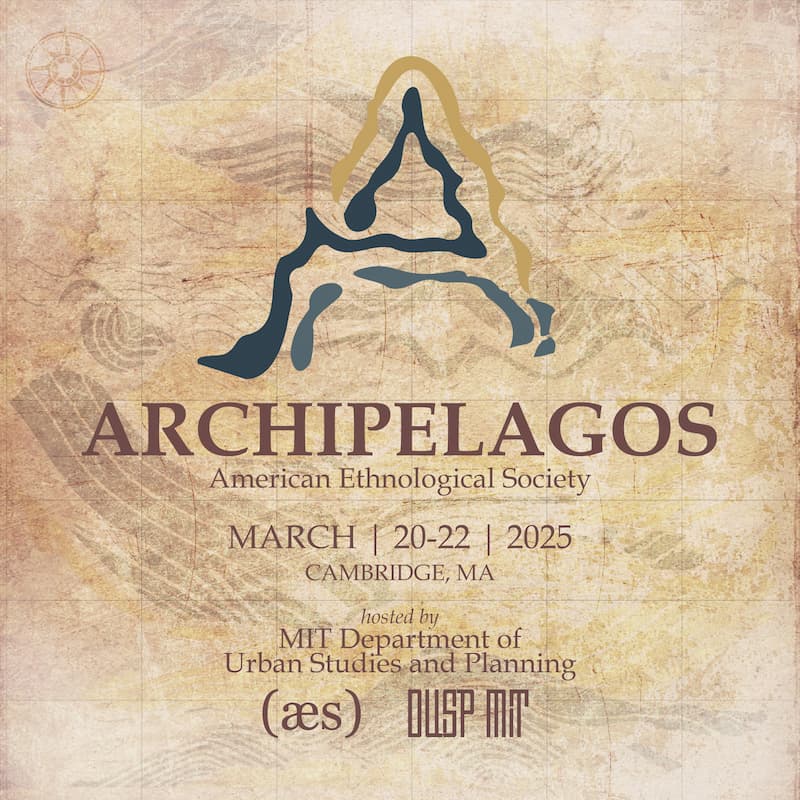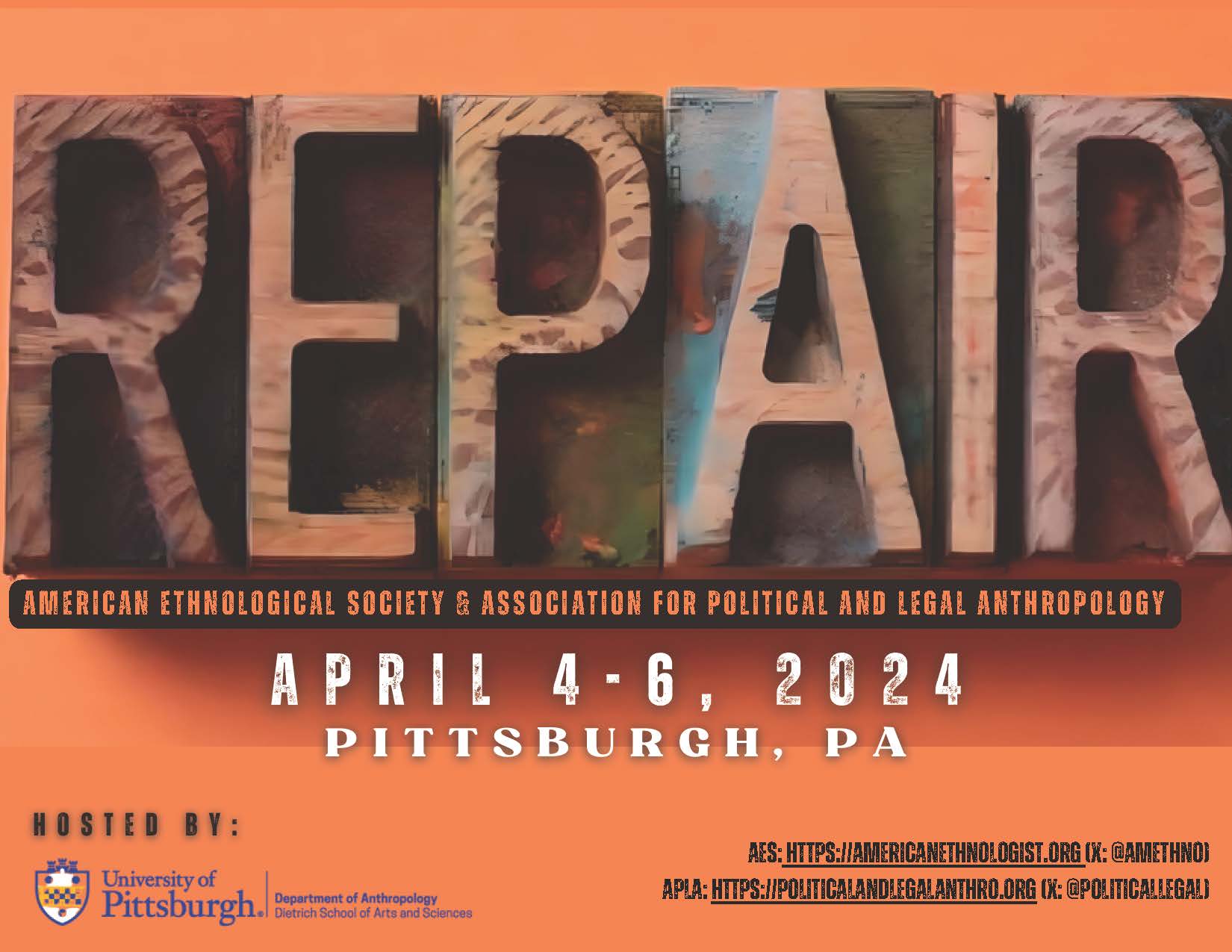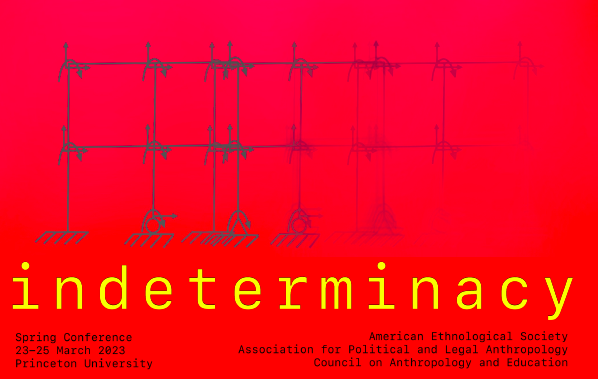Theme
The American Ethnological Society spring conference, to be held at MIT in Cambridge, Massachusetts, from March 20–22, 2025, invites scholars to consider whether archipelagos and “archipelagic thinking” can aid us to analyze pressing global challenges across cultures, geographies, climates, disciplines, and methodologies.
Archipelagos are island chains formed in a body of water from coral reefs, seafloor volcanoes, sedimentary or tectonic action, sea level rise, or human agency.[1] Such “chains” may compose sovereign island states large and small (i.e. Indonesia; Cape Verde, Bahamas, and Maldives, etc.), territories of “mainland” nation-states (i.e. Puerto Rico, Scotland’s Shetland Islands, etc.), and components of governmental units within the nation-state, such as Boston’s Harbor Islands in the Commonwealth of Massachusetts. There are also continental archipelagos like British Columbia’s Inside Passage[2] and fabricated archipelagic island cities like Venice or Dubai’s Palm Jumeirah and World Islands.
Contemporary archipelagic political economies have emerged alongside the development of nation-states. Conceived as the colonial and neocolonial “offshore,” such territories have provided legal and financial flexibility, exemptions from metropolitan rule, sites of imprisonment and quarantine of vulnerable, mobile populations, and reservoirs of resources, labor, and leisure. Amid vulnerabilities to environmental and climatic forces, such spatial, material, and geopolitical formations have prefigured how the excesses of capitalism negatively affect human livability.
Archipelagos have also generated new conceptual, ideological, and theoretical models that transcend material boundaries and borders. Scholars like Sylvia Wynter, Stuart Hall, Epeli Hau’ofa, and Katherine McKittrick argue that archipelagos provoke profound questions about spatiality, sovereignty, humanity, and otherness. French literary theorist Édouard Glissant (1928–2011) offers “archipelagic thinking” as a model to encourage multiplicity and connections without flattening material and conceptual differences. As landscapes, archipelagos produce new ways to conceive relatedness in which the variations of material topographies and imagined communities remain connected—despite ruptures, fragmentation, and dislocation—through digital and other immaterial means. Archipelagic social and kinship networks have contributed to anthropology’s seminal concept of gift-exchange in small-scale, “premodern” societies. Archipelagos have also contributed models of “creolization,” processes in which identities, sexualities, economies, languages, and cultures mix creatively—despite the violences and traumas that colonialism, nationalism, imperialism, and other related political movements have engendered.
Can archipelagic thinking truly produce Glissant’s “one-world” (tout-monde)—an interrelated network that encourages encounter and transformation across species—without permitting forces of globalization to homogenize and harm all our relations? What kinds of social obligations, forms of care, or exclusions undergird contemporary archipelagic formations? How is value identified, circulated, exchanged, and even commodified in archipelagic economies? Might the reparative plans, designs, and architecture of archipelagic communities like those in Hawai’i provide pathways to repair anthropocentric harms? Or, as opponents of Indonesia’s plans to relocate its capital to the planned city, Nusantara (Javanese for “archipelago”) argue, might such efforts negatively impact endangered species, Indigenous groups, and the environment?[3] How might “archipelagos” inform discussions of technology, governance, sovereignty, mobility, speech, and freedom, whether political or academic?
Due to unforeseen circumstance, our formerly scheduled keynote speaker, David Scott, is unable to present. We are very excited that John Drabinski, Professor in the Department of African American Studies, with a joint appointment in the Department of English at the University of Maryland, will be joining us as our new keynote speaker. Drabinski is an expert on Édouard Glissant, the Black Atlantic intellectual tradition, and the Francophone Caribbean
We are thrilled to have on several featured plenary panels the following experts on archipelagic thinking, methods, and practices: Garth Myers and Mimi Sheller; Evyn Lê Espiritu Gandhi and Karilyn Crockett; Christina Gerhardt and Gediminas Urbonas; Vicente Diaz (Pohnpeian), Troy Phillips (Hassanamessit Nipmuc), and Cassius Spears Sr. (Narraganset); and, from the Massachusett Tribe, Faries Gray and Elizabeth Solomon.
Please join us!
ECJ
Workshop
Making Canoe Making Kin Making Place Making: Archipelogics of Indigenous Watercraft and the Craftwork of Indigenous Ecological Knowledge
Saturday, March 22, 2025 | 10:30 am to 12 pm EST | Limited to 50 participants
Why and how are Indigenous Peoples across Oceania and Turtle Island restoring their traditional watercraft and water-related traditional ecological knowledge systems, and to what social and analytical effects? Indigenous watercrafts and the craftwork of Indigenous knowledge systems embody, materialize, and instrumentalize Indigenous relations of kinship and reciprocity. In this workshop, leaders in Oceanic and Northeastern seaboard Indigenous and American Indian canoe practitioners present Micronesian waa and Nipmuc / Narrangasett mishoon canoe building to illustrate the social, historical, cultural, political, spiritual, and analytical stakes involved in making canoes and for modeling an Indigenous “archipelogic.”
Presented by
Vicente M. Diaz (Pohnpeian), Professor, Department of American Indian Studies, and Director, The Native Canoe Program, University of California Los Angeles
Troy Phillips (Hassanamessit Nipmuc), Chairperson, Massachusetts Commission on Indian Affairs,
Cassius Spears Sr. (Narraganset), Owner/Operator Ashawaug Farm
The workshop will have an exhibit of actual and model canoes and tools, and videos. It will illustrate the process of making canoes, to enable a more capacious way of thinking about making and materiality (that embodies relations of kinship and reciprocity). Per the conference theme, the workshop will present the embodied relationships enfolded in equally embodied processes of making canoes, the material transformations that result in canoes, and their manifold usages as exemplary of what could be characterized as Indigenous Archipelagic culture. ‘Culture’ as used here is understood to compose a mix of indigenous oral and ecological traditions and knowledge practices, cultural anthropology, maritime archeology, and engaged and critical and global/comparative indigenous studies.
Submission Guidelines
Submissions due February 10, 2025
- Please register to attend the conference before submitting your panel abstract or abstract.
- Once you register, you will receive a link to the submission portal.
- If your abstract/proposal is not accepted, your registration fee will be refunded. Based on past experience, AES expects to accept most submissions.
- Initial acceptance decisions will be made in mid-February. The final program will be released closer to the conference date. All paper/panel sessions will be held Friday or Saturday during the conference.
- Panels or roundtable submissions are for 75 minutes. Description of panels/roundtables/flash ethnography sessions should be max 500 words and have up to 4 presenters, plus a discussant, and/or 3 presenters, a chair, and a discussant.
- Flash ethnography panels have a max of 7 presenters (7 minutes each), plus a discussant. Flash session panel proposals should be 500 words. Text of individual presentations should be 200 words max.
- Individual submissions without being part of a panel, etc., should be no more than 250 words.
- All submissions should touch on the archipelagos call in some way.
Hotel Information
If you are planning on attending and have not secured a hotel reservation, search for hotel availability via our trusted partner aRes Travel.
aRes Travel is a third-party travel planner. Rates, deposits, and cancellation policies may vary and are the responsibility of the guest. Questions on hotel policies or payments made on aRes website should be directed to the aRes Reservation Center or to the hotel directly.
Questions
For questions about the Archipelagos conference, please contact Erica Caple James at the following email address: aes2025.archipelagos@gmail.com
References
[1] See https://geology.com/maps/archipelago/, July 22, 2024.
[2] See https://oceanservice.noaa.gov/facts/archipelago.html, July 22, 2024.
[3] See Tarigan and Milko 2023, https://apnews.com/article/indonesia-capital-kalimantan-climate-borneo-environment-eb0f8ad12e07bb105546296d88192834, accessed July 17, 2024.




